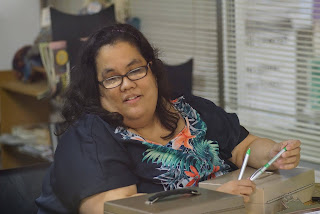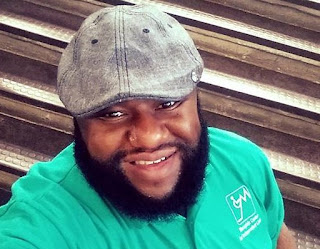Ideas to use coupons
By Christina Clift
On Saturday February 25, 2017 the Memphis Center for Independent Living held an event to assist members of the community on how to begin couponing. For many, clipping coupons, downloading digital coupons, and using reward cards from retail stores are a way to save money and keep to their budget. For some individuals couponing provides an irresistible challenge to pay as little money as possible while getting the most products they can.
Some people even take couponing to the extreme and have stockpiles of items such as deodorant, soap, shampoo, canned vegetables, baby wipes, and diapers in their house. Regardless of your reason to begin couponing, here are a few things you need to know before moving forward.
First, like most activities couponing has its own terminology and abbreviations. For example, B1G1, means buy one get one free. It’s important that you understand the terms to maximize your savings. There are a few sources for paper coupons and they include the Sunday paper, printable coupons as well as those that come in the mail.
Second, it is important to keep your coupons organized. The best way to do this is not in a paper bag, but instead try to find an accordion file folder, a notebook with dividers, or when all else fails, an envelope. You also want to bookmark any frequently visited websites for coupons as well as download the apps that have digital coupons. A good example of digital coupons would be Kroger’s. You can login online or thru their app. Other sites like Ibotta and Checkout 51 offer rebates after a product has been purchased.
Finally, to get more bang for your buck, try matching coupons with items that are on sale. This does take time and planning before you head to the store.
“The buy five save five sale at Kroger’s is one of the best ways to save a lot of money,” said Ms. Johnson.
If you follow these simple tips you can become a professional couponer in no time. You can use all the money you save to finally take that trip you’ve wanted to go on, buy that large screen TV, or pay off a bill. So grab a paper, download an app and get started today.









